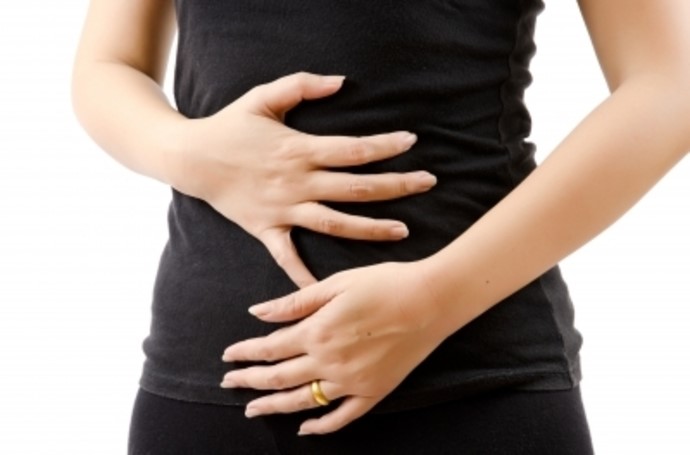Ten Tips to Treat PMT Naturally
- November 15, 2017
- Clare Pace
- Wellness Resources, Women's Wellness
- Tags: bad pmt, combating pmt naturally, how to treat pms naturally, natural tips for pmt, pms, pmt, pmt and coffee, pmt and diet, pmt and exercise, pmt tips, treat pmt naturally

The exact cause of PMT remains a mystery to the modern medical profession, but it is believed there may be different causes which vary from woman to woman and culture to culture. Popular theories on causation include hormonal imbalance, incorrect metabolism of fatty acids, blood sugar imbalances, nutritional deficiencies and emotional factors.
While some women cruise through the stages of their monthly cycle, most suffer a variety of symptoms from within the 150 documented symptoms at varying intensities.
Whatever the cause, it is generally accepted that lifestyle factors play a large role and the symptoms of PMT can be improved and treated naturally by following these ten tips.
1. Diet
This is a big one and for a more detailed nutritional plan read PMT and Nutrition, but the basic rules are to avoid or at least limit consumption of simple sugars, salt and salty foods, refined carbohydrates especially white flour products, and saturated fats including animal fat, fried foods and hydrogenated margarines and spreads.
Choose healthy fats such as olive, flaxseed and linseed oils, and those present in fish, nuts, seeds and avocado, follow a vegetarian or predominantly plant-based diet and increase dietary fibre.
2. Fluid Intake
Reduce or avoid alcohol and caffeinated beverages. Increase your intake of water – good, old fashioned plain water (fruit juices, cordials, soft drinks and energy drinks do not count); this will help draw excess salt out of the body and reduce bloating, and I’ve found it also helps with abdominal pain and discomfort, particularly when the water is warm or hot. Try replacing your coffee with a green tea with fresh ginger, or dandelion tea.
3. Exercise
Get up and get moving! Regular exercise will provide enormous benefits for both the physical and emotional symptoms of PMS, with the added benefit of keeping you looking, and therefore feeling, trim, taut and terrific. Ideally aim for thirty minutes of exercise, five to six times a week.
4. Smoking
Research shows that smoking increases the risk of moderate to severe PMT; if you can’t quit, at least try and cut down.
5. Sleep
Get to bed earlier and ensure you have extra sleep time during PMT to help combat PMT related fatigue.
6. Supplementation
It is inadvisable to take vitamins and minerals in isolation particularly if you’ve not been diagnosed with a specific deficiency. Try a top quality women’s multi-vitamin, Evening Primrose Oil or Chasteberry and ensure you’re receiving plenty of calcium, magnesium, B6, zinc and essential fatty acids in your diet.
7. Alternative Therapies
I’ve personally had great success with acupuncture and homeopathy but everyone responds differently so find a therapy that works for you.
8. Stress Management
Find ways to cope with stress and emotional turbulence – suggestions include massage, hot baths, aromatherapy, meditation, guided relaxations, counselling and creative pursuits.
9. Self-Massage
A week or two preceding the onset of menses, massage sesame oil into your abdomen in a clockwise direction and apply a hot water bottle before bed each night – this will help PMT and period symptoms.
10. Attitude Adjustment
Stop thinking of your cycle as a curse and dreading it each month – adopting a positive attitude and putting energy into affirmations and visualisations will go a long way towards combating the symptoms of PMT.
Change isn’t always easy so be compassionate and patient with yourself and take it one step at a time, integrating the above changes into your life gradually.


Recent Comments